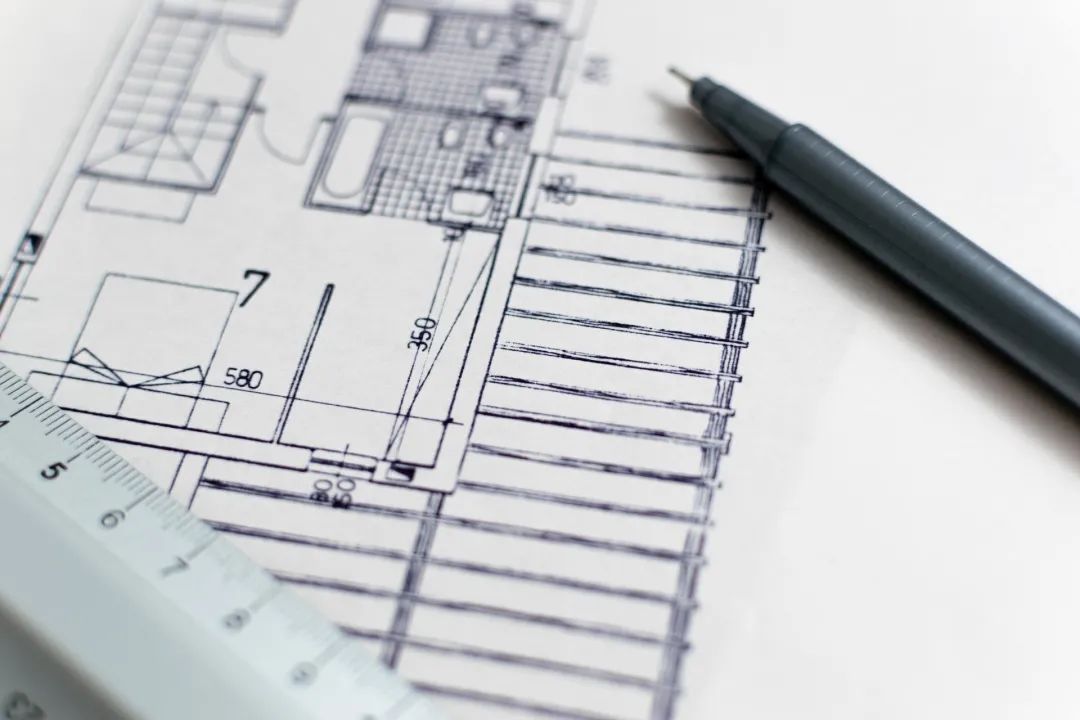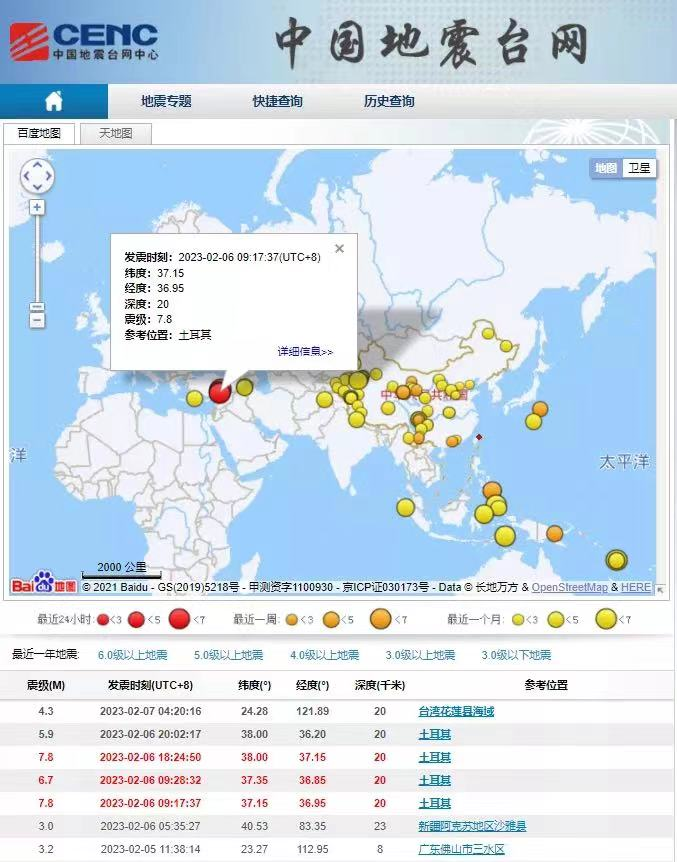Then, when the subject matter of the lease contract becomes an illegal building, how should we identify and deal with it? 1.
2.
2.
In violation of the second paragraph of Article 33 of the urban planning law, “it is prohibited to build permanent buildings, structures and other facilities on the land approved for temporary use.” Building houses on the approved temporary land without authorization.
3.
At present, there is no clear provision on the effectiveness of illegal building lease contracts in violation of land management laws.
However, if the construction is approved by the competent department before the end of the debate in the court of first instance, the people’s court shall determine it to be valid.” The illegal building lease contract in violation of the provisions of the urban planning law may have two consequences: (1) the lessor fails to obtain the construction project planning license or fails to construct in accordance with the provisions of the construction project planning license, or the lessor fails to approve or construct the temporary building in accordance with the approved contents, In violation of the mandatory provisions of laws and administrative regulations stipulated in Article 153 of the civil code, the contract shall be null and void.
Therefore, sister Mao believes that after the lease contract is determined to be invalid, the following legal consequences will occur: 1.
Because the lease contract is invalid, the liability for breach of contract agreed in the lease contract is also invalid, that is, no compensation for breach of contract; 4.
Determination of the validity of the lease contract for illegally constructed houses 1 The validity of illegal building lease contracts in violation of the provisions of urban planning laws shall be in accordance with Article 2 of the interpretation of the Supreme People’s Court on Several Issues concerning the specific application of law in the trial of disputes over urban housing lease contracts (implemented on January 1, 2021) “The lease contract concluded between the lessor and the lessee with respect to the house that has not obtained the construction project planning license or built in accordance with the provisions of the construction project planning license is invalid.
(2) If the lessor goes through the examination and approval procedures before the end of the debate in the court of first instance, the people’s court will determine that the lease contract is valid.
In people’s social life, the house lease relationship is widespread, and the resulting disputes also rise.
Legal consequences: according to the provisions of Article 40 of the law, the competent administrative department of urban planning of the government at or above the county level shall order it to stop construction, dismantle or confiscate illegal buildings within a time limit; If it affects urban planning and corrective measures can be taken, the competent administrative department for urban planning of the government at or above the county level shall order it to make corrections within a time limit and impose a fine.
The lessee shall pay the occupancy fee according to the contract; According to the judicial practice, China’s law has made a negative evaluation on the effectiveness of the illegal building lease contract, but the agreement on the disposal of the interests in the possession of the illegal building in the contract is the disposal of the lessor’s own rights within the scope of autonomy of will, which should still be referred to and applied when determining the starting and ending period of paying the occupancy fee.
Legal consequences: according to the provisions of Article 75 of the law, the land administrative department of the government at or above the county level shall order it to make corrections or governance within a time limit, and may also impose a fine; If a crime is constituted, criminal responsibility shall be investigated according to law.
Similarly, It should also be determined that the illegal building lease contract in violation of the provisions of the land management law is relatively invalid, that is: (1) if the approval formalities are not handled, the contract is invalid in violation of the mandatory provisions of laws and administrative regulations.
Because the lease contract is invalid, the lessor has no right to continue to occupy the deposit / deposit paid by the lessee, so the lessor shall return the deposit / deposit paid by the lessee; 5.
2.
What are illegal buildings? Illegal buildings refer to houses and other structures built in violation of the examination and approval Provisions of administrative departments such as land management departments or urban planning departments.
However, if the lessor obtains the construction project planning license or the construction is approved by the competent department before the end of the debate in the court of first instance, the people’s court shall determine it to be valid.” And Article 3: “the lease contract concluded between the lessor and the lessee for the construction of a temporary building without approval or in accordance with the approved contents is invalid.
Violating the second paragraph of Article 37 of the land administration law (implemented on January 1, 2020), “it is prohibited to occupy cultivated land to build kilns and graves, or build houses, dig sand, quarry, mine, borrow soil, etc.
Handling after the contract is determined to be invalid Article 157 of the Civil Code stipulates that if a civil legal act is invalid, the property obtained by the actor due to the act shall be returned; If it is impossible or unnecessary to return, it shall be compensated at a discount.
However, sister Mao believes that although laws and administrative regulations do not expressly stipulate that illegal buildings in violation of land management regulations will lead to the invalidity of the lease contract, because they are consistent with the illegal nature of houses built in violation of urban planning laws and regulations, they are all acts in violation of effective mandatory provisions.
3.
Losses (such as relocation expenses, decoration expenses, business losses, etc.) shall be shared by the lessor and the lessee according to the degree of fault..
Specifically, it includes: 1.
The party at fault shall compensate the other party for the losses suffered therefrom; If all parties are at fault, they shall bear corresponding responsibilities.
A house lease contract is a lease contract with the house as the lease item.
It refers to the agreement between the lessor and the lessee that the lessor delivers the house to the lessee for use, the lessee pays the rent and returns the leased house to the lessor when the lease contract is terminated.
on cultivated land without authorization.” Building houses on cultivated land without authorization.
When a lease contract is concluded with an illegal building as the subject matter, the lessor shall not benefit from its illegal act or its own fault, and the counterpart of a bona fide contract shall not assume more than its expected obligations.
The lessee returns the house and has to move out; 2.
(2) If the lessor obtains the construction project planning permit or the construction is approved by the competent department or the construction is approved by the competent department before the end of the debate in the court of first instance, the people’s court will determine that the lease contract is valid.



